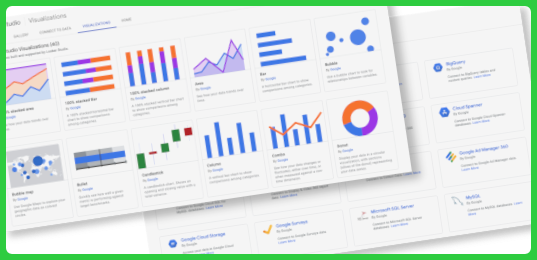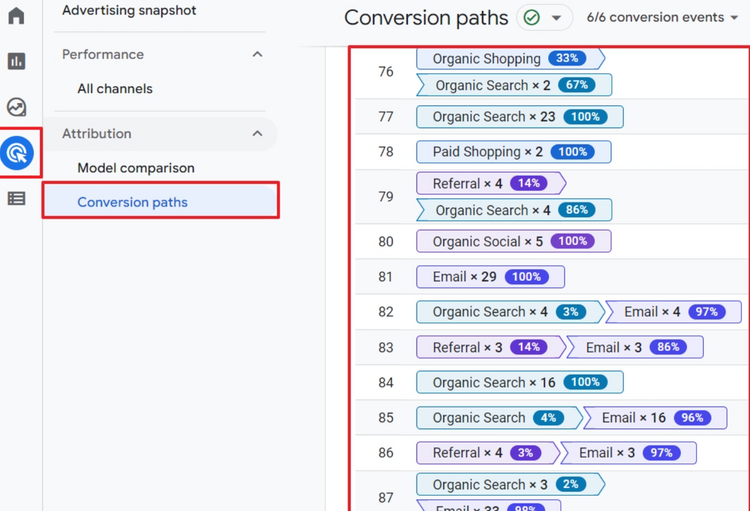Marketing Automation on Steroids - Ads API + Gen AI

In today's rapidly evolving digital world, staying ahead in the marketing industry requires a combination of technology, creativity, and real-time responsiveness. The combination of Generative Artificial Intelligence (Gen AI) and real-world event responsiveness is a powerful one.
However, the real game-changer is the ability to collect data in real-time from a variety of JSON APIs and to adaptively control campaign features across platforms such as DV360 and Google Ads.
For example, The Google Ads API is the programmatic interface to Google Ads, used for managing large or complex Google Ads accounts and campaigns. You can build software that manages accounts from the customer level down to the keyword level. Some typical use cases include:
- Automated account management
- Custom reporting
- Ad management based on inventory
- Manage Smart Bidding strategies
Let's take a closer look at this interesting approach to use Gen AI.
Dynamic Data Integration: Beyond Traditional Boundaries
The combination of advanced tools and open-ended data integration opens up a world of possibilities for creativity. Here are some groundbreaking examples to consider:
- Hyper-local Weather Campaigns: Why not tailor your marketing efforts to the local climate? An ad campaign promoting sunscreen or outdoor cafes can be activated on DV360 exclusively when London is sunny.
Multi-layered Environmental Responses: Imagine this: A city is experiencing rain and high pollen counts. Your marketing strategy can take advantage of this by activating all Google Ads tagged with "performance." This not only highlights raincoats or umbrellas, but also allergy relief products, making your ads truly responsive to the audience's multifaceted needs.
Gen AI's Enhanced Role in Real-time Personalization
Gen AI's fundamental ability to create personalized ad narratives is significantly enhanced when combined with real-time data. Ads are no longer simply contextual; they evolve into a reflection of the audience's immediate environment, needs, and emotions. These dynamically curated ads are predictive, empathetic, and deeply resonant, achieving unparalleled levels of engagement.
Okay, here is an idea
In the above situation, one could create a language chain with multiple large language models (LLMs) that each perform a specific task. One LLM could read the Weather API JSON and calculate the temperature delta, the second could create the header/description of what needs to be created as a message, and the third could create the actual creative based on the combination of the previous two. This would allow one to create more complex and sophisticated messages that are tailored to the specific needs of one's audience.
All of these LLMs could be linked together with a Vertex AI MLOps model to run automatically, thus creating a very sophisticated weather-based ad system that uses Gen AI to create creatives as well as ads itself.
This system would have the following advantages:
- It would be able to create more complex and sophisticated messages that are tailored to the specific needs of one's audience.
- It would be able to run automatically, which would save time and effort.
- It would use Gen AI, which is a powerful tool that can create high-quality creatives and ads.
Overall, this system would be a valuable tool for businesses that want to create effective weather-based ads.
Building a Responsive Marketing Ecosystem
In addition to individual campaigns, integrating Gen AI with dynamic API responses can create an entire ecosystem in which each marketing effort builds on the others. As feedback loops become tighter with real-time data, campaigns can learn, adapt, and evolve, ensuring long-term sustainability and relevance in an ever-changing digital landscape.
In short, the combination of Gen AI, real-world events, and dynamic API integration provides marketers with a cutting-edge toolkit. By using these tools and a touch of creativity, we are on the verge of a new era of marketing that promises not just relevance but also deep and meaningful impact.





Member discussion